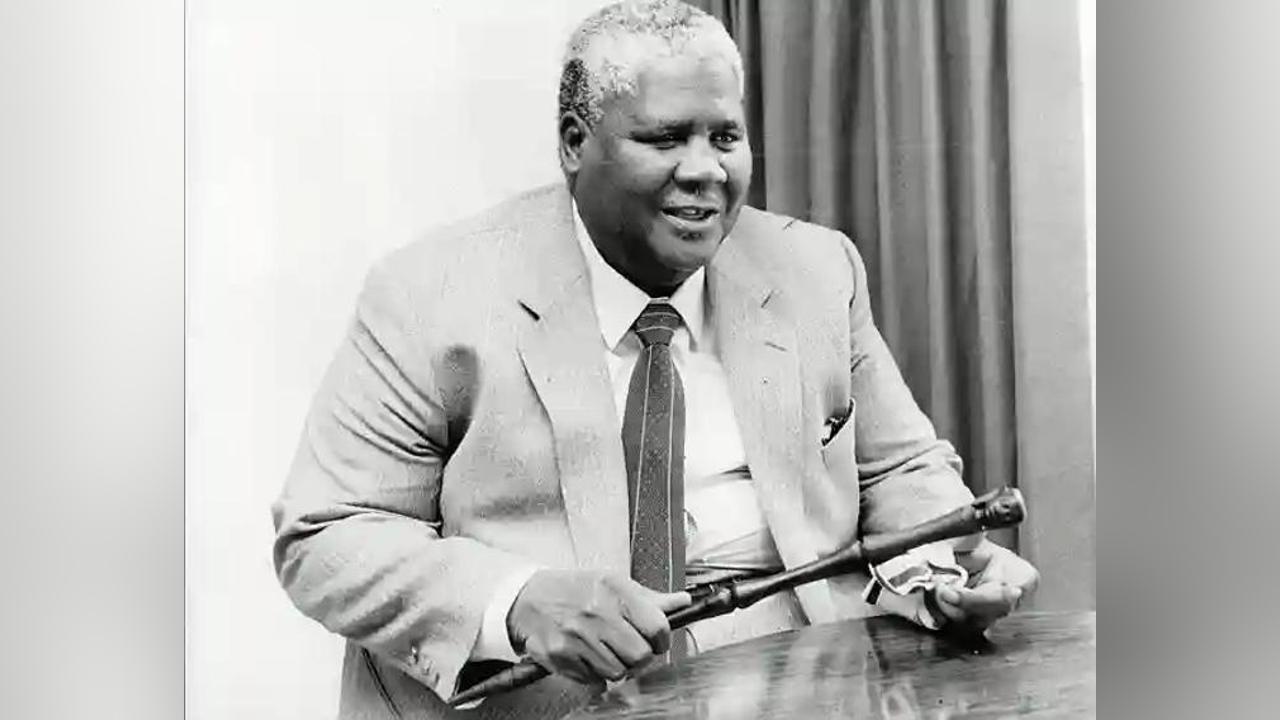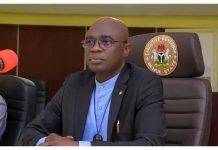Africa-Press – Zimbabwe. According to Sengezo Tshabangu, politicians from Harare and or Mashonaland do not entertain the idea of a united Matabeleland as they view it as a security threat. He claims to have seen this in the ruling ZANU PF and experienced this under the leadership of Morgan Tsvangirai, the late founding leader of the opposition Movement for Democratic Change (MDC). He told Zenzele Ndebele during an interview:
There is nobody from that end who wants a united Matabeleland. A united Matabeleland is a security threat. A united Matabeleland gives them sleepless nights. A united Matabeleland is a threat to the establishment itself. It is now being transmitted to the opposition politics. I don’t think President Emmerson Mnangagwa would want a united Matabeleland. Morgan Tsvangirai was never at one given time at ease with a united Matabeleland so is Nelson Chamisa, he is scared of a united Matabeleland.
This neglect of Matabeleland provinces by political elites is not a new issue. It is often alleged that these regions are only considered during election periods. Political analysts often say the ruling party, ZANU PF, is particularly fearful of a united Matabeleland due to the historical event known as Gukurahundi. This violent period occurred after independence when former President Robert Mugabe deployed the 5th Brigade to suppress alleged dissidents in Matabeleland and Midlands. Thousands of people were killed, and the wounds from this tragedy remain unhealed.
Tensions between Mashonaland and Matabeleland can be traced back to the pre-colonial era when Ndebele Kings raided Mashonaland for resources. Some believe that the Shona-speaking political elites still harbour concerns about a united Matabeleland due to this historical context. There are fears that a united Matabeleland could lead to secession and potentially result in civil wars similar to those experienced after independence.
Sengezo Tshabangu’s remarks come as Zimbabwe commemorates Unity Day on 22 December. Unity Day marks the signing of the Unity Accord in 1987, which ended the civil war between ZANU-PF led by Robert Mugabe and the Joshua Nkomo-led PF-ZAPU. However, concerns persist regarding the economic neglect of Matabeleland, particularly in Bulawayo, which used to be the country’s industrial hub. This economic disparity raises questions about the true unity and development opportunities for all regions in Zimbabwe.
For More News And Analysis About Zimbabwe Follow Africa-Press






